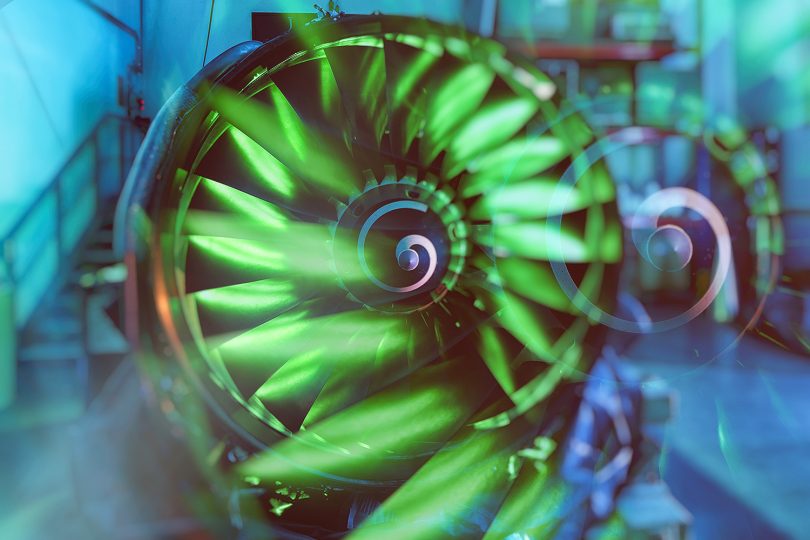Climate friendly air transport: Position Paper of the Braunschweig Aviation Research
Even though the airline industry is internationally suffering heavy losses as a result of the corona pandemic, passenger numbers and air traffic growth can be expected to increase again in the medium term. In the current position paper “Climate and Flying – Information from Aviation Research”, scientists from Braunschweig are now pointing out ways in which flying can become sustainable.
New technologies are needed to drastically reduce aircraft emissions and energy consumption and to achieve climate-neutral air traffic in the long term. This is precisely where the scientists of the Aeronautics Research Centre Niedersachsen (NFL) at TU Braunschweig come in. Together with partners, they are researching future-oriented approaches to aviation in the “Sustainable and Energy-Efficient Aviation” (SE²A) cluster of excellence.
Fuel consumption can be reduced
“Without innovative technologies, aviation’s share of climate-equivalent CO2 emissions will increase dramatically in the future,” says Rolf Radespiel, CEO of the NFL and vice spokesperson of the Cluster of Excellence. Compared to other industries, innovation cycles in aviation last longer because the technologies are complex and costly – also because of the high safety requirements. In order to take this complexity into account, scientists at TU Braunschweig and their partners conduct research in interdisciplinary research teams. In this way, they get to the bottom of a multitude of well-founded approaches in order to prepare the necessary transformation of the air transport system technologically.
Important elements in this process are new technologies on aircraft. The fuel consumption of an aircraft can be reduced by lowering its weight, for example, through new materials and construction methods, or by reducing the drag of the fuselage and wings through improved aerodynamics. This is where laminar-flow technologies come into focus. Radespiel: “The needs for research and the complexity of technical implementation are very high. The long-term potential of this technology can be estimated at up to 50 percent in fuel consumption”.
Electric aircraft propulsion or new fuels
Sustainable propulsion technologies also play a key role. Can electric or hybrid aircraft engines revolutionize aviation? Significantly more powerful batteries and electric motors than are available today are needed. Another concept that is still in its infancy is hydrogen-powered fuel cells to generate energy for electrically powered aircraft. The potential to reduce greenhouse gas emissions is also inherent in synthetic fuels. Here, CO2-neutral aviation fuel is produced with sustainably generated electricity in several chemical process steps.
Radespiel: “Long-term basic research in aviation can solve one of the most difficult problems facing today’s industrial society”.

